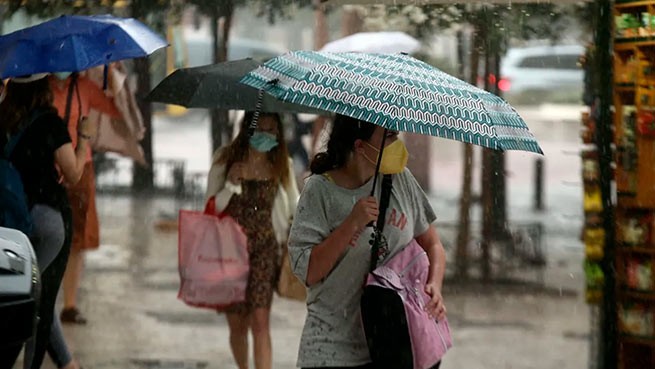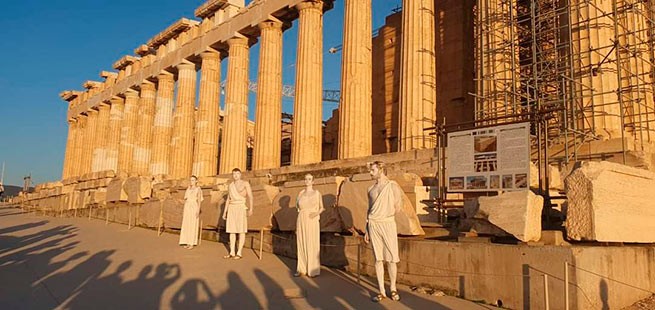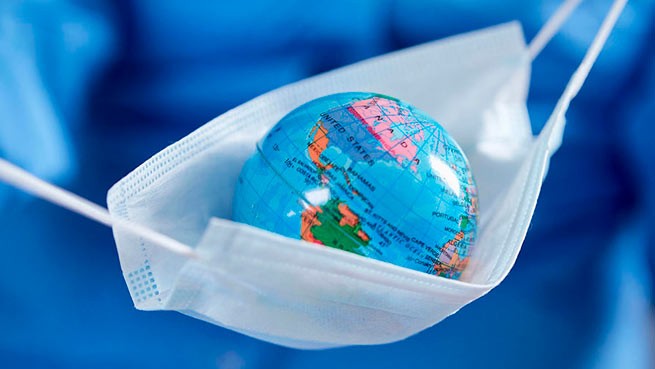On April 23, Christians celebrate Fomin’s week (Sunday), the second largest Orthodox holiday. Antipascha is always celebrated on the eighth day after the bright Resurrection of Christ. On this day, the memory of the resurrection of Christ is renewed, therefore Antipascha is called the “week of renewal.” This week, the church remembers the Apostle Thomas, who wished to personally verify the resurrection of the Savior, not believing the disciples who told him the wonderful news.
According to the gospel story, the resurrected Christ appeared before Thomas so that he could put his fingers into his wounds and see with his own eyes that a miracle had happened. “And do not be unbelievers, but believers,” the Savior said to Thomas (Luke 20:27). Therefore, among the people, a person who questions something was called “Thomas the unbeliever.”
The renewal of the resurrection of Jesus Christ is associated with the Apostle Thomas, so on this day the Church remembers the meeting of the Apostle Thomas and the risen Christ. Thomas was not among the apostles who saw Christ immediately after the Resurrection. “If I don’t see the wounds from the nails on His hands and put my hand in His side, I won’t believe,” Thomas said about Christ. This does not mean that he doubted that Christ was the Savior, the Son of God. Rather, it is evidence of how much the apostle longed to experience the meeting with the resurrected Jesus Christ. Himself, personally, and not from the words of others, feel the Paschal joy and triumph.
Blessed are those who have not seen but believed
The Apostle Thomas began to symbolize doubt, mistrust. Among the people there is even a definition of “Thomas the unbeliever.” It would be more correct to call him not that person who doubts everything, even the most obvious, but those who seek to verify the truth or, conversely, the falsity of certain facts from their own experience. After all, it is one thing to use the testimonies of others, even the closest people, and quite another to know something with your own experience.
The Holy Apostle Thomas was born in the Galilean city of Pansada and was a fisherman. When he heard the gospel of Jesus Christ, he left everything and followed Him and became one of the 12 apostles. On the eighth day after the Resurrection, the Lord appeared to the Apostle Thomas and showed his wounds. “My Lord and my God!” – exclaimed the holy apostle (John 20, 28). “Thomas, who was once weaker than the other apostles in the faith,” says St. John Chrysostom, “became, by the grace of God, more courageous, more zealous and tireless than all of them, so that he went around with his sermon almost the whole earth, not being afraid to proclaim the Word of God to the wild nations.” Church tradition tells that the holy Apostle Thomas founded the Christian Churches in Palestine, Mesopotamia, Parthia, Ethiopia and India. For the conversion to Christ of the son and wife of the ruler of the Indian city of Meliapor (Melipur), the holy apostle was imprisoned. He was brutally tortured and killed, pierced with five spears. Parts of the relics of the holy Apostle Thomas are kept in India, Hungary and Mount Athos.
Antipascha is the first day after a long break, consisting of Maslenitsa, Great Lent, Holy Week and Bright Week, when the church again begins to marry and bless the newlyweds for marriage.
Antipascha is followed by Krasnaya Gorka. Parents’ Day on Krasnaya Gorka (Radonitsa) falls on April 25
* April 25 – Radonitsa. Parents day. All Souls’ Day (Tuesday of the 2nd week of Easter). This day is called Radonitsa to commemorate the joy of the living and the dead about the Resurrection of Christ. On parental days, Orthodox Christians visit churches where funeral services are performed. These days, it is customary to make sacrifices on the memorial table (eve) – various products (with the exception of meat).
Radonitsa (April 25) and Trinity Saturday (June 4) are the main parental days. These days, it is customary to visit the cemetery after the church: to correct the graves of deceased relatives and pray next to their buried bodies.






More Stories
Making a mockery of the Acropolis for the sake of tourism
How Plato spent his last night – what the found papyri showed
Eurovision 2024: the first rehearsal of Marina Satti in Malmö has ended